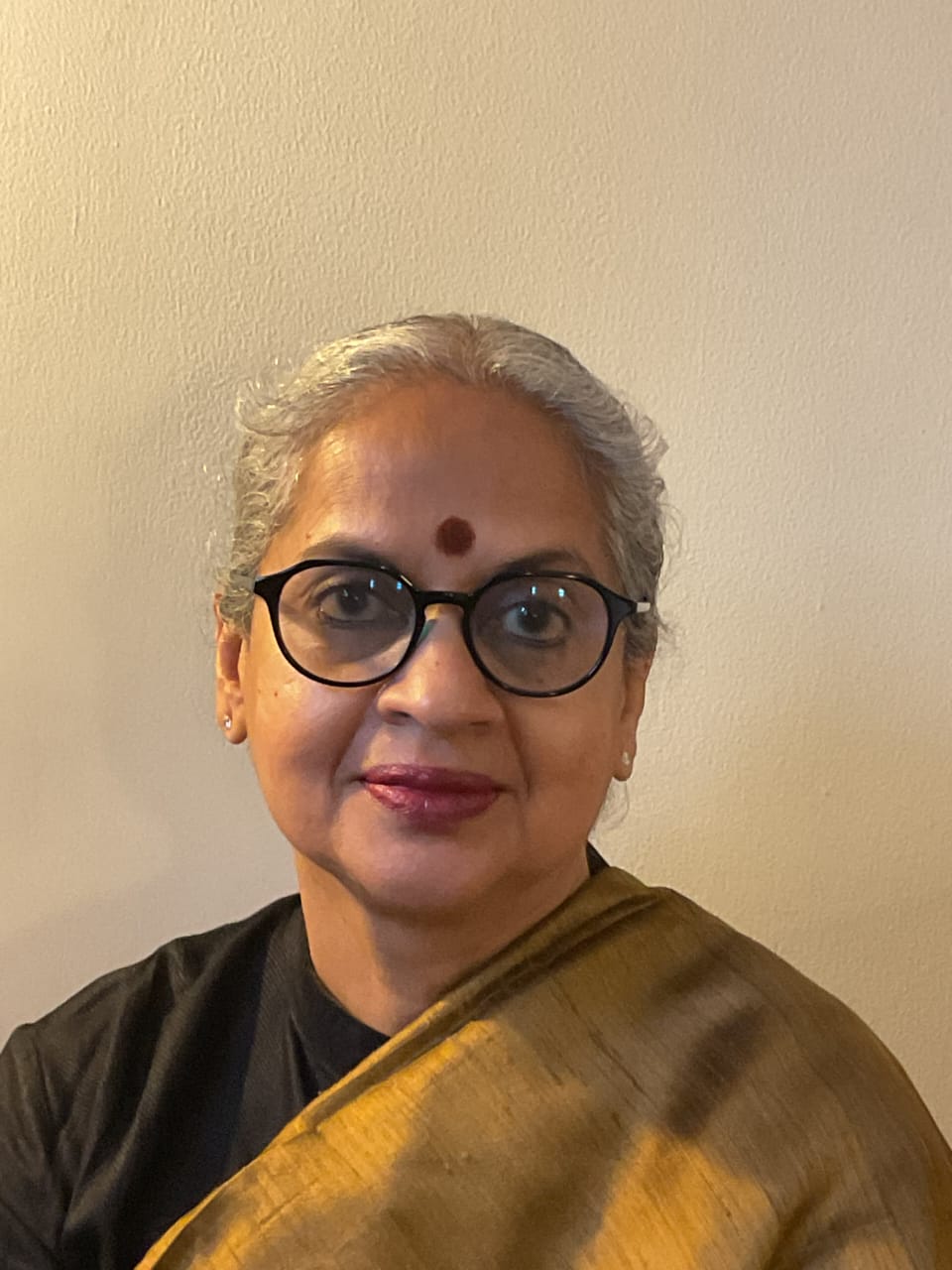The earlier draft of the Mediation Bill, 2023 envisaged ‘pre-litigation mediation’ as mandatory. However, the recent enactment deleted the provision and introduced it as a voluntary provision, subject to the consent of both parties.
This change was made, possibly because ‘voluntariness’ is a basic tenet in mediation, and anything ‘mandatory’ appears to be an oxymoron. Others argue that the envisaged mandatory requirement relates only to the attendance of a minimum number of sessions to educate parties on mediation, prior to filing a suit. Experience has shown that this could be an opportunity to save many litigants from the harrowing experience of litigation and could kick start mediation.
In this article, I discuss ‘willingness’ as the criterion to determine voluntariness in mediation, the impact of judges persuading parties to mediate and the ambiguity in the terminology of mandatory ‘pre-litigation mediation’.
Willingness as the touchstone for voluntariness
Mediation is essentially assisted negotiation facilitated by an impartial mediator, who does not have the authority to impose an outcome. In this voluntary process, participation must be with complete willingness. Parties negotiate voluntarily and freely, without compulsion or imposition of a decision. They engage in mediation to the extent they choose to and are free to terminate the process at any time. Voluntary participation results in freely chosen agreements.
The intent of mandatory ‘pre-litigation mediation’ is for parties to gain information on the process of mediation through sessions prior to filing a suit. After attending the mandatory ‘information sessions’, either party has the freedom to terminate and leave the process. Or, if they so desire, they can transition to participate ‘voluntarily’. When this is the intent, mandatory pre-litigation information session on mediation may be the more appropriate way to describe the provision of mandatory mediation.
The importance of mandatory information sessions on mediation
Reluctance to enter mediation may not be an indication of unwillingness to participate.
Mediation is a new concept in the dispute resolution field in India and there is a lack of awareness. During conflict, emotions are high, communication has often broken down, ego dominates, positions polarise and rational decision making is compromised. In this backdrop, parties seek to escalate the dispute to the adversarial process to prove themselves right, and the other side wrong. There is a fear to suggest mediation, as that could be construed as an admission of weakness. In such a mental state, the reluctance to enter mediation may be an attempt to posture, rather than a genuine test of willingness to participate.
The information session could be crucial to enable parties to take informed decisions on participation. It brings the parties on the same table, where they learn about mediation together. This could be the opportunity to test the veracity of the willingness/unwillingness of the parties.
A rational decision becomes possible only when parties understand that mediation is:
Party-centric: Parties decide whether to participate and determine the outcome. Mediator facilitates their negotiation.
A safe space: Protected by strict confidentiality, so that they can explain perspectives and explore what really matters to them.
Negotiation based on generating options and creating value: Settlement is reached only if both parties feel they have an outcome to their satisfaction.
Uniquely enforceable: The common understanding is that only power and rights can be the enforcers of an agreement, but the enforceability in mediation gains its strength through self-determination. Statutory enforceability is additionally available. This makes compliance almost 100%.
This session also gives parties the opportunity to experience a third-party neutral mediator who is not an agent of authority or power, who is impartial and has the skills to strengthen communication and build bridges.
Persuasion from judges to voluntarily participate in mediation
Champion judges who believe in mediation often persuade parties to attend mediation. In 2008, I was present in a court in San Francisco, as part of a delegation sent by the High Court of Karnataka. That morning, the judge had 60 cases posted before him. He referred 52 to mediation. Many of the parties needed persuasion. The respect and trust in the judge was compelling. His unspoken message was,
“You are ordered to voluntarily participate in mediation. Deal, or Ordeal?”
4 cases were referred to arbitration and judicial settlement. Later, the judge shared with us that he was confident that over 60% of the cases he had referred for mediation would resolve. The remaining 4 cases on the judges table that morning were matters that truly required his time, attention and application of legal mind.
Our judges in India are heavily burdened. They do not have the time to explain the benefits of mediation to parties, nor to persuade them to try mediation. Through a mandatory pre-litigation information session, a skilled mediator can separate those that are genuinely willing and those that are unwilling.
Case law from our courts supports the view that ordering parties to enter mediation will not affect the inherent voluntary nature of the process. The Supreme Court of India in Afcons Infrastructure Ltd v. Cherian Varkey Constructions Co. (P) Ltd held that parties in a suit where the judge feels there is an element of settlement, except in the excluded category, may be ordered to participate in mediation under Section 89 and Order 10 Rule 1A of the Civil Procedure Code.
The Italian experience of mandatory pre–litigation mediation
Italy has been experimenting with mandatory pre- litigation mediation since 2011. Only the ‘information sessions’ are mandatory. Since its introduction, data shows that there has been a decrease in lawsuit filings, increase in the rate of settlements and an increase in the use of mediation compared to the rest of Europe.
We also learn from the Italian experiment that the following are critical:
1) The mandatory information session must be brief and cannot be beyond one or two sessions.
2) It must be introduced as a pilot project, in a staggered manner and must be based on mediator capacity.
3) The skill of the mediator is most crucial.
4) Lawyers must be included.
5) The mandatory sessions must be free or at minimal cost to the parties.
6) There must be a penalty for non-appearance.
The mandatory provision for Pre-litigation Mediation in the Commercial Courts Act in India is struggling because of the failure to take into consideration these factors.
An antagonistic lawyer leaves convinced
In a recent mediation, an application under Section 11 of the Arbitration and Conciliation Act for the appointment of an arbitrator was referred by the High Court for mediation. The parties and lawyers attended the first session and the angry lawyer appearing for a German company fiercely stated at the opening,
“We are here only to comply with the judge’s insistence that we try mediation. The arbitrator has already been appointed. Please do what you need to do so that we can quickly get ahead with the arbitration.”
After two brief information sessions, the antagonistic lawyer agreed to continue. After 20-hours of mediation and a successful outcome, the same lawyer left happily, saying,
“All commercial disputes need to be resolved in this manner.”
Better terminology could find favour
Although the terminology used has consistently been mandatory pre-litigation mediation, the intent has been mandatory information sessions.
If the compulsion to attend is confined only to the information session and participation is subject completely to the willingness of parties, I am of the view that voluntariness in mediation is preserved. The exigencies of time and better justice demands good faith efforts at mediation. The term mandatory pre-litigation mediation is possibly misguiding and mandatory pre-litigation information session on mediation may be the appropriate term and the appropriate instrument to kickstart mediation in India.



